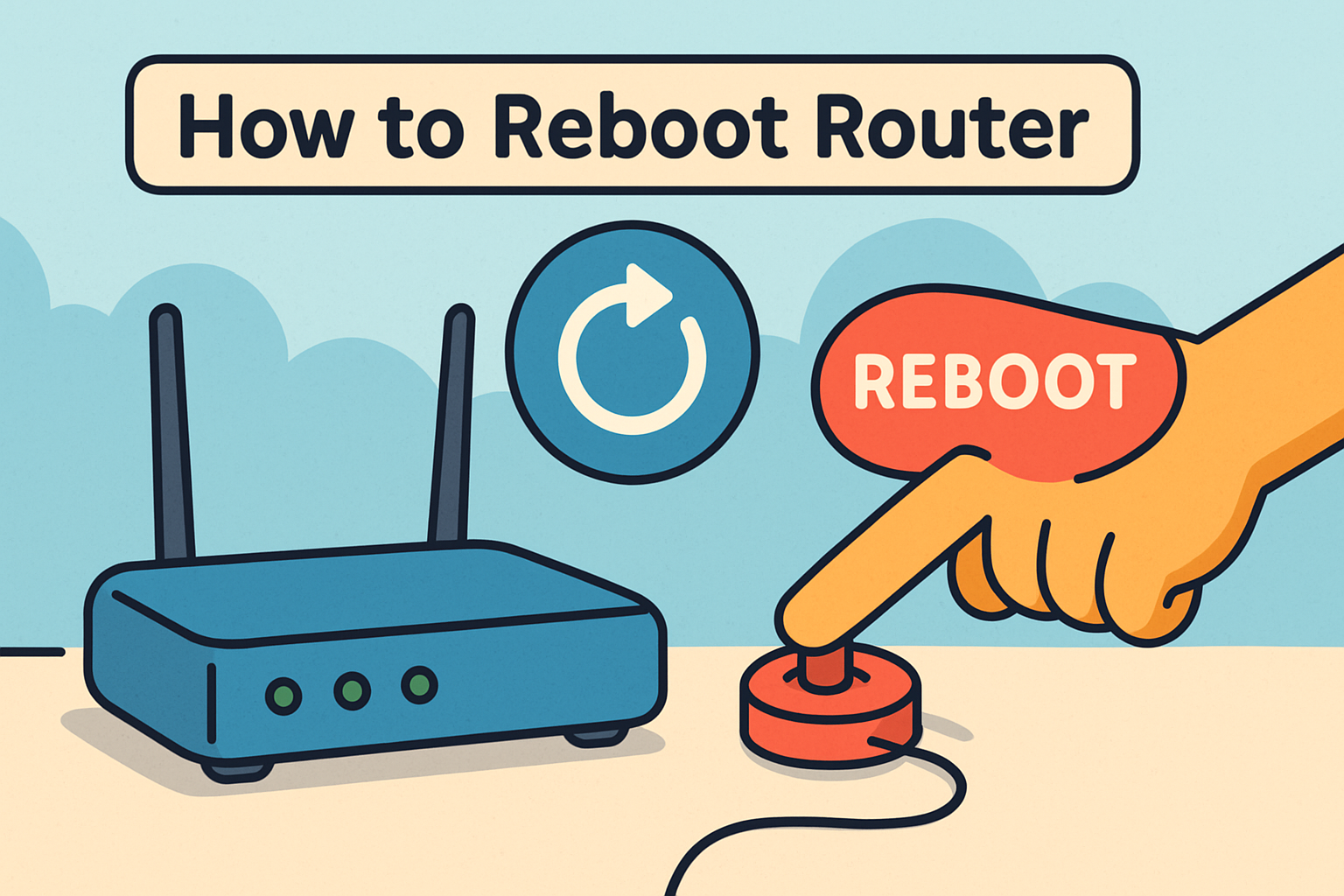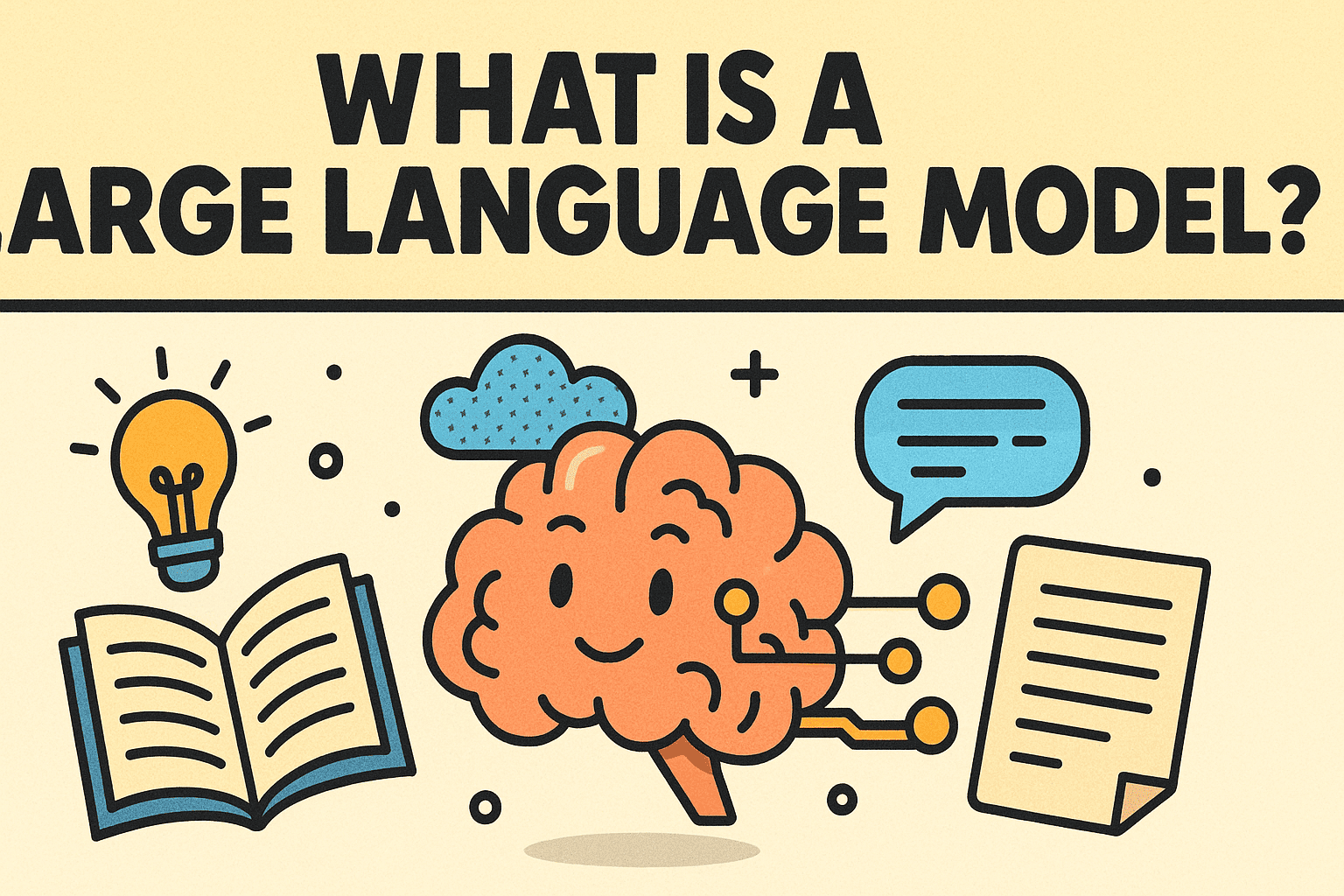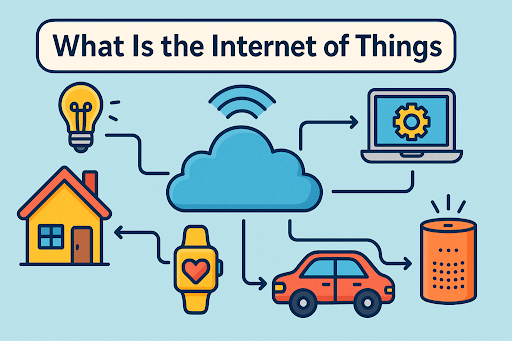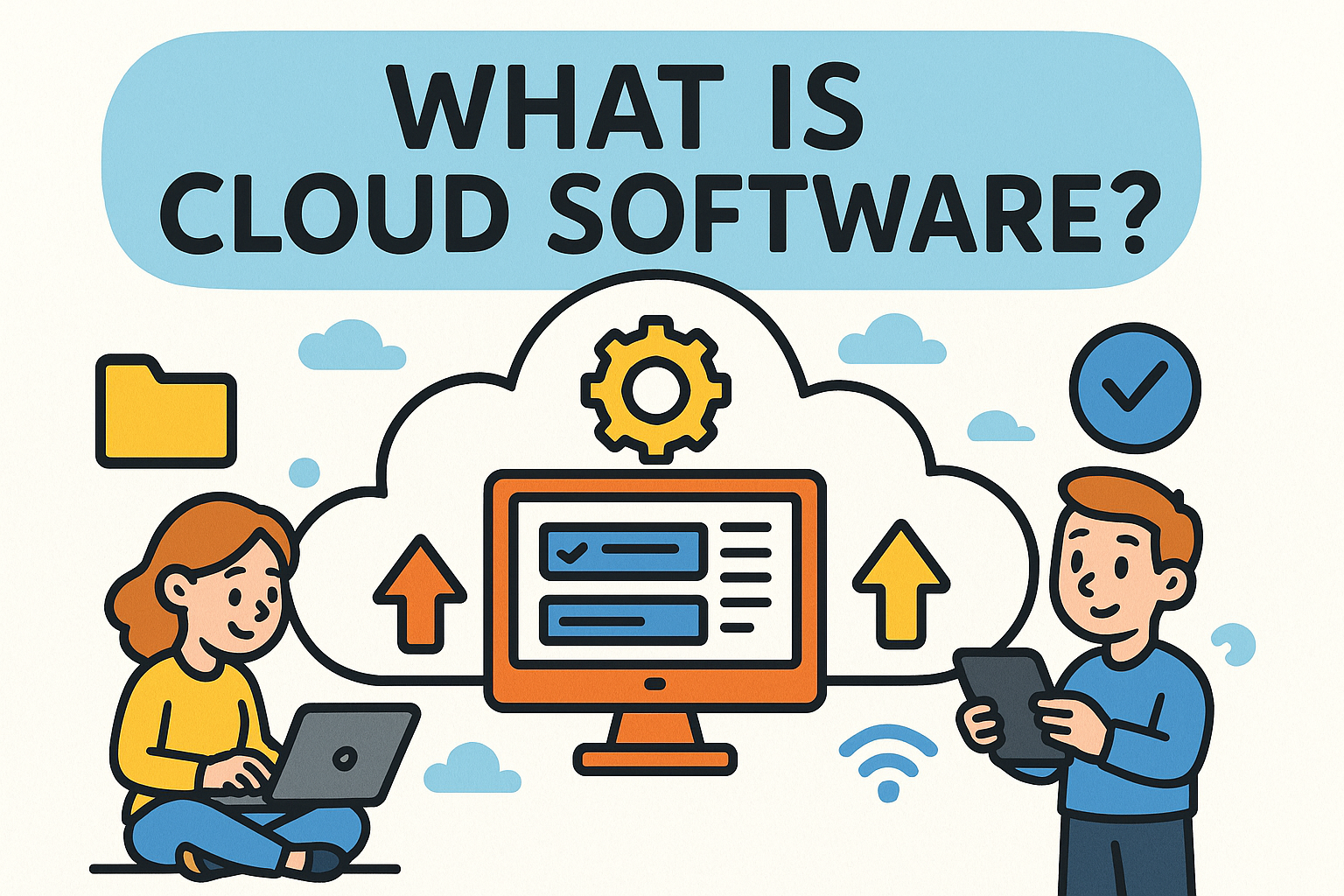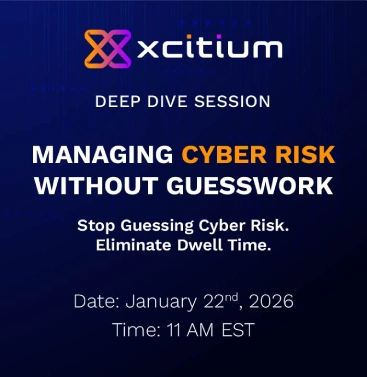How to Filter Out AI from Google: A Complete Guide
Updated on September 12, 2025, by Xcitium
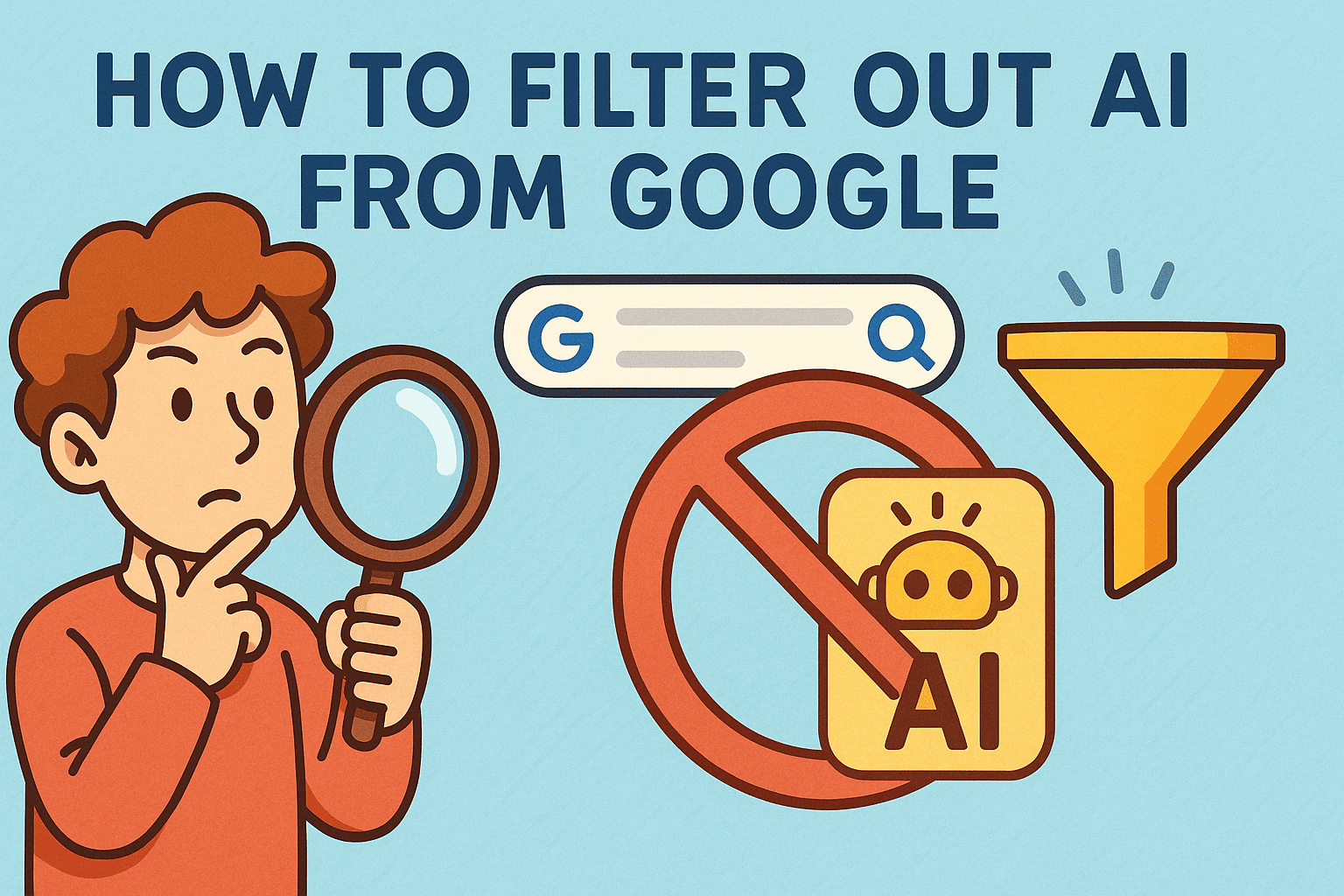
Have you recently searched for something on Google only to be overwhelmed by AI-generated results instead of authentic sources? Many professionals now ask: “How to filter out AI from Google so I can get reliable results?”
For IT managers, cybersecurity experts, and CEOs, accessing accurate data is more than a convenience—it’s a necessity. From compliance reports to security updates, trusting the wrong information can create real risks. In this guide, we’ll explore practical methods to filter AI results from Google, improve search accuracy, and adopt smarter browsing strategies.
Why Filtering Out AI from Google Matters
Before learning how to filter out AI from Google, let’s explore why it’s important:
- Accuracy: AI-generated content may not always be fact-checked.
- Security: Malicious actors may use AI to spread misleading information.
- Efficiency: Saves time by cutting through irrelevant or repetitive AI content.
- Trust: Access original research, industry reports, or official documentation.
👉 For business leaders, accurate search results support better decision-making and reduce cybersecurity risks.
How to Filter Out AI from Google (Basic Methods)
While Google doesn’t offer a one-click “filter out AI” option, there are search tricks you can use:
1. Use Search Operators
Google’s advanced operators can refine results:
- -ai → Removes results containing “AI.”
- -chatgpt → Excludes ChatGPT-related results.
- -openai → Excludes OpenAI mentions.
Example:
cybersecurity report 2024 -ai -chatgpt -openai
2. Focus on Trusted Domains
Add site: to limit results to reliable websites:
site:.gov or site:.edu cybersecurity policy
This ensures you get content from government or academic sources instead of AI blogs.
3. Use Quotation Marks
Force exact matches to reduce AI noise:
“cybersecurity compliance checklist”
Filtering Out AI with Search Settings
Google also allows some customization in search settings:
- Turn Off Search Generative Experience (SGE): If available in your region, disable AI-generated summaries from Google Labs.
- Use Advanced Search: Access filters by file type, region, or language to prioritize authentic documents.
- SafeSearch: While mainly for explicit content, it sometimes limits AI-heavy spam sites.
Tools and Extensions to Filter AI Results
For IT managers managing enterprise environments, browser tools can help:
- uBlacklist (Chrome/Firefox): Blocks specific domains (e.g., AI-generated content farms).
- SearchFilter Add-ons: Create custom rules to exclude terms like “AI” or “ChatGPT.”
- Privacy-Focused Browsers (Brave/DuckDuckGo): Some provide cleaner results with less AI clutter.
How to Identify AI-Generated Content
Even with filters, some AI content may slip through. Here are quick ways to spot it:
- Repetitive Phrasing: AI often uses uniform sentence structures.
- Shallow Content: Generalized answers without deep insights.
- Missing Sources: Lack of citations or vague references.
- Overuse of Keywords: AI may force unnatural keyword density.
👉 For cybersecurity professionals, verifying content origin is critical to avoid misleading security practices.
Cybersecurity Risks of Relying on AI-Generated Search Results
Filtering AI results isn’t just about accuracy—it’s also about safety:
- Phishing Risks: Malicious actors generate fake tutorials or “downloads.”
- Disinformation: AI can spread false narratives rapidly.
- Compliance Issues: Using unverified AI content in reports can cause regulatory violations.
- Data Privacy: Some AI-linked pages track user behavior aggressively.
For executives, ensuring employees filter content reduces the chance of acting on inaccurate or malicious data.
Advanced Search Tips for Professionals
Combine operators:
zero trust cybersecurity 2024 -ai site:.gov
Search PDFs for authenticity:
“zero trust security” filetype:pdf
- Use Google Scholar for research-level results.
- Leverage industry-specific portals like NIST, CISA, or vendor whitepapers.
Best Practices for IT Managers and CEOs
To create a company-wide approach to filtering AI results:
- Train Staff: Educate employees on spotting AI-generated content.
- Standardize Search Queries: Share recommended operators and sources.
- Use Centralized Knowledge Bases: Reduce reliance on raw Google searches.
- Monitor Digital Hygiene: Ensure staff doesn’t rely on unreliable sources for cybersecurity or compliance.
FAQs on Filtering Out AI from Google
Q1. Can I completely remove AI results from Google?
Not fully, but search operators and tools can reduce them significantly.
Q2. How do I stop Google from showing AI summaries?
Turn off the Search Generative Experience (SGE) in Google Labs if available.
Q3. Are AI search results dangerous?
Not inherently, but they may lack accuracy or carry misinformation.
Q4. What’s the best alternative to Google for AI-free results?
Try DuckDuckGo, Brave Search, or academic engines like Google Scholar.
Q5. How can organizations ensure secure search practices?
Train employees, enforce safe browsing policies, and use filtering tools.
Conclusion: Smarter, Safer Searching Without AI Clutter
So, how to filter out AI from Google? While there isn’t a universal switch, professionals can use search operators, trusted sources, browser tools, and best practices to minimize AI-generated content. For IT managers, CEOs, and cybersecurity experts, filtering AI isn’t just about convenience—it’s about ensuring accuracy, compliance, and digital security.
👉 Want to strengthen your organization’s cybersecurity posture beyond search practices? Discover how Xcitium’s zero-trust solutions can safeguard your business.




